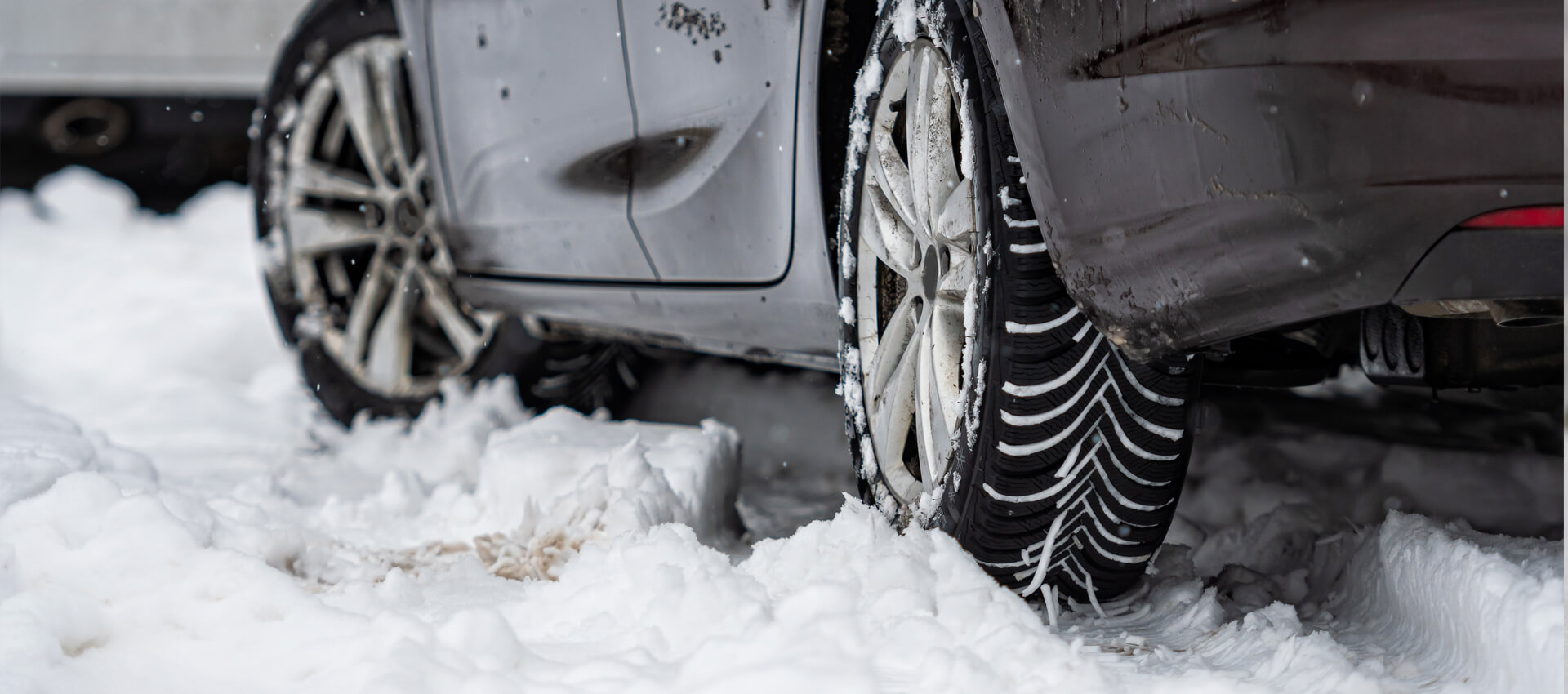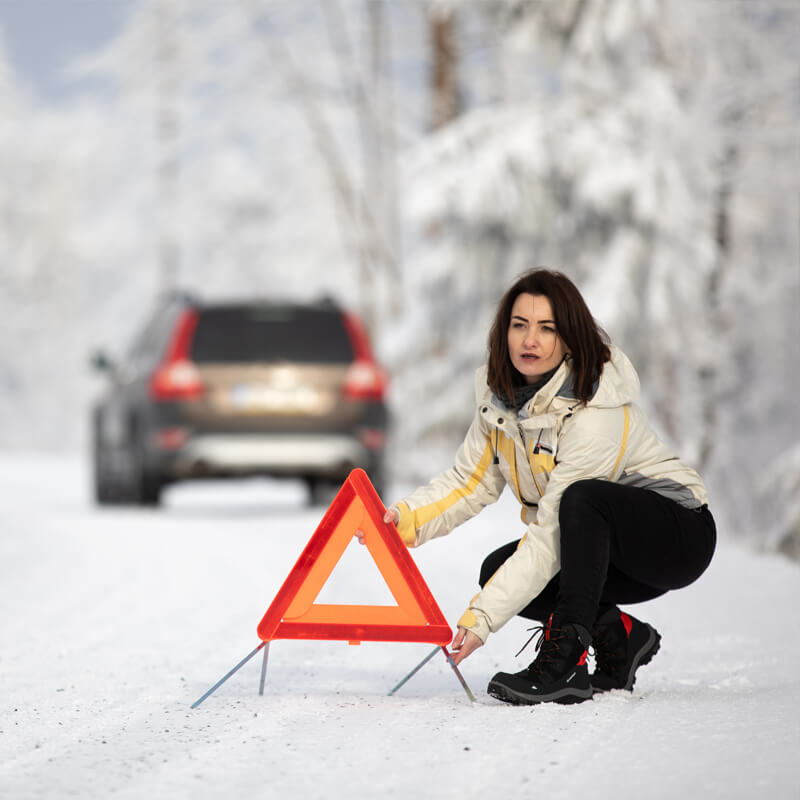Staying safe on the road this winter

Staying safe on the road this winter
Staying safe on the road this winter
As we enter the coldest season of the year, we need to focus our attention on driving with even more caution. Accidents and breakdowns are statistically more likely to happen in the upcoming months and this even applies to the most experienced drivers.
The biggest issue for driving in these seasons is down to the snow and icy roads. And because we live in the UK, and are renowned for our bad weather, we thought it would be a good idea to put together a list of tips to help keep our learners and experienced drivers safe in wintry conditions.
Think ahead.
It all starts before you even get in the car. How is your vision from the car? It is as clear as it should be?
- Clean your windscreen inside and out.
- If there is a build-up of snow on the roof of your car, wipe it off. If left, you could risk it sliding onto your front windscreen when you’re driving. You also run the risk of it hitting other vehicles travelling behind you too.
- Replace damaged windscreen wipers.
- Are your lights clean enough? If they’re dirty it could reduce your visibility, making it hard to see in bad driving conditions.
- Never leave in a rush. If your car needs to be de-iced you don’t want to rush this and drive before it’s fully cleared. Leave yourself enough time to do it properly.
- Check your fuel levels. Try and keep your fuel at least a quarter of the way full.
- Use anti-freeze to help!
- Check your tyres. When icy on the road your grip is going to be severely reduced. Legally, the minimum tread for your tyres is 1.6mm, but grip can start to be impacted on anything below 3mm.
Take it easy.
Always leave yourself plenty of time when you are planning to drive anywhere. Driving in a rush at the best of times can be dangerous, but when paired with slippy conditions could be a recipe for disaster.
What to do if you hit black ice.
You can recover from a skid if you hit black ice. Always remember to keep both hands on the wheel and steer into the skid. Avoid using your breaks which can be hard as your natural instinct will be to go for the breaks. Stay calm, don’t panic and remember those two tips.
Stay back.
Rain, snow and icy roads are all things that will increase your stopping distance. Make sure you keep enough distance between you and the car in front in case it needs to come to a sudden stop. The last thing you want to do is skid straight into the back of that car because there wasn’t enough time to stop.
What gear should you use?
You have much better control of your car in a higher gear. Did you know you can set off in second gear rather than first to help avoid wheel spin? This is particularly helpful when setting off in the snow or on ice.
Snow shouldn’t get all the hate!
Rain, wind and fog can also make driving very difficult. Again the best bit of advice is to drive carefully and with both hands on the wheel. If the road is slippy or if your visibility is reduced, you must drive to the conditions of the road and not the speed limit. If you are on a road that is 60 mph you do not have to hit that speed.
When there are heavy winds it is best to only overtake when absolutely necessary, especially when it comes to larger vehicles like lorries.
Is this trip necessary?
If the weather is really bad you need to ask yourself if this trip is really worth making? Do you want to risk going out in your car if the conditions are really bad? Travelling for work or to the shop for food is essential, but if you are going to see a friend or for just a drive it probably is best to skip that and keep off the road.
If you are worried about driving in these conditions, talk to your instructor about it. They are there to help; it is important that you don’t avoid these conditions. Once you pass you can’t skip driving just because it is snowing. You need to become confident and comfortable with all types of conditions: it will make you a much better driver for it.
The same goes for if you have recently passed. Ask a family member or friend to go out and practice with you. If you learned in summer and passed early autumn, chances are you have never experienced varied weather conditions. Now is the time to build up confidence and learn how to adapt to all sorts of situations.
You got this!


